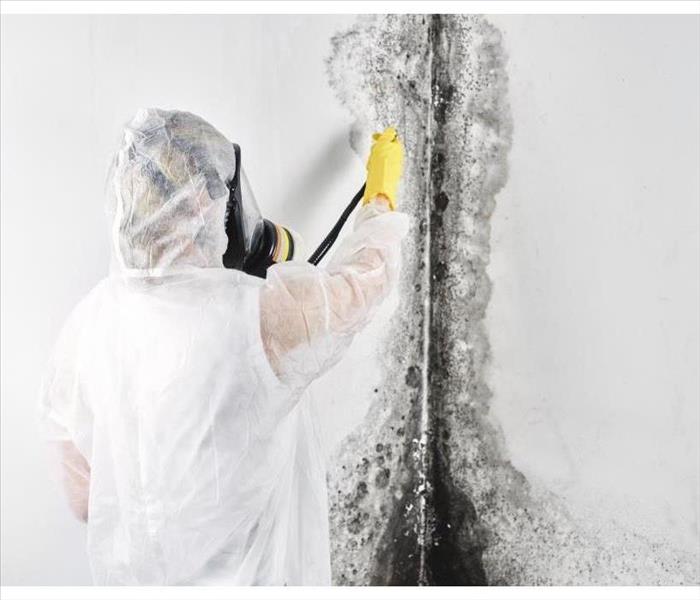When Should You Sue Your Landlord for Black Mold?
1/6/2020 (Permalink)
When Should You Sue Your Landlord for Black Mold?
It's never fun to get involved in a lawsuit, but sometimes it is the best course of action to take. In the case of black mold in your apartment in Madeira, OH, there are clear markers when a lawsuit might be in your best interest. After all, you have a right to live in a healthy environment, a code of law backed by hundreds of court precedents. The general term for this is known as "an implied warranty of habitability." The timing of the lawsuit could depend on several factors. It's possible, a lawsuit may be needed to convince a landlord to make the necessary repairs and actions to remove the mold from your living space.
Mold Removal
Like other types of mold, black mold flourishes in moist conditions. A first step in its removal is to address any plumbing situations that bring moisture into a room. Once the humidity level is down, then a professional mold mitigation team can perform the following actions:
- Inspection and damage assessment
- Mold containment
- Mold removal with HEPA vacuums and cleaning agents
- Cleanup of affected materials
- Replacement of materials
If a thorough mold remediation effort is completed, there may no longer be a need for court action. However, if you feel damages have occurred to your health or if you have faced other hardships a lawsuit may be needed to enforce fairness.
Mold Protection
In many situations, your landlord will act honorably and restore your living conditions to an acceptable level. However, you should never accept living in a place that has black mold present. This strain of mold affects individuals in different ways and can cause health problems in the form of being an irritant or an allergen, and it can affect a person's respiratory health. Always try to work things out at first, but remember you have the law on your side when it comes to your right to acceptable living conditions.






 24/7 Emergency Service
24/7 Emergency Service
